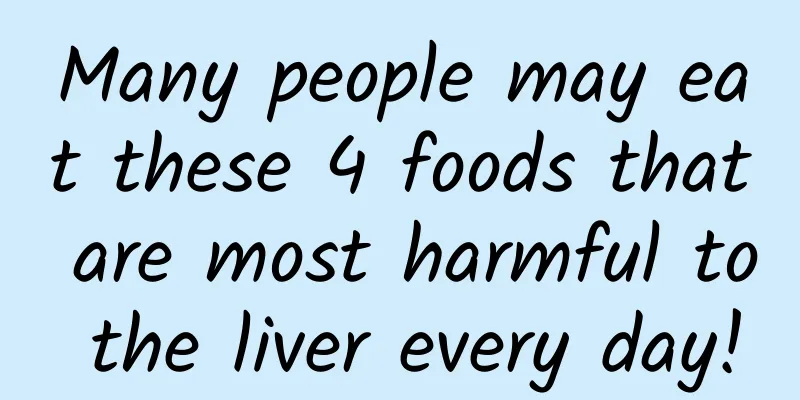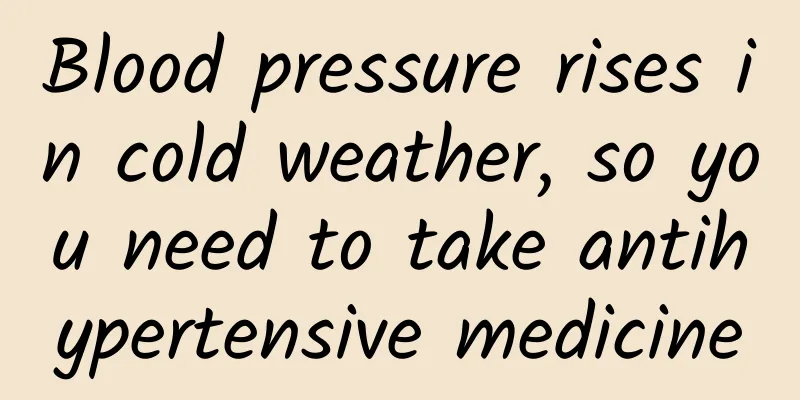How serious are the side effects of statins?

|
Let's look at a case first. Last week, a patient who had just undergone coronary stent surgery came to the hypertension clinic and stopped taking the statin prescribed by the doctor. He said that it was because he thought the side effects of statins were too great and there were too many adverse reactions. Let's take a look at the side effect data of statins and make an assessment. In December 2018, the American Heart Association (AHA) released a statement on statin safety and drug-related adverse events, pointing out that the risk of adverse reactions to statins is very low and their benefits far outweigh the risks. The adverse reactions of statins are a common concern in clinical applications. Currently, the main reports include abnormal liver function, statin-related muscle complications, new-onset diabetes, and other adverse reactions. Among them, liver enzyme abnormalities are mainly manifested as elevated transaminases , with an incidence of about 0.5%~3.0% , which is dose-dependent. Statin-related muscle complications include myalgia, myositis, myopathy, and rhabdomyolysis , with an incidence of about 1%~5% . The risk of statins causing severe muscle damage (including rhabdomyolysis) is <0.1% , and the risk of severe liver toxicity is <0.001% . The risk of newly diagnosed diabetes induced by statins is approximately 0.2% of the number of people receiving drug treatment each year, and this data also depends on the potential risk of diabetes in the study population. After looking at the risks, let's look at the benefits. The 2023 China Lipid Management Guidelines point out that statins are the cornerstone of lipid-lowering drug treatment for dyslipidemia. Moderate-intensity statins are the preferred strategy for lipid-lowering treatment in the Chinese population. The advent of statins is of milestone significance in the history of the prevention and treatment of human coronary atherosclerotic cardiovascular disease (ASCVD). A large amount of evidence-based evidence has confirmed that statins can significantly reduce cardiovascular events in ASCVD patients, and also have the effect of reducing cardiovascular events in primary prevention in high-risk populations. The latest meta-analysis found that statin treatment can reduce all-cause mortality by 9%, myocardial infarction by 29%, and stroke by 14%. In summary, the benefits far outweigh the risks in patients for whom statin therapy is recommended by current guidelines. |
>>: Migraine: Uncovering the secrets of this "bad weather in the head"
Recommend
[Popular Science] All-round PK丨Multi-point defocus glasses or ordinary glasses, which one should you choose?
Parents, do you feel particularly worried every t...
Can pregnant women drink soy milk every day?
The pregnancy period is different from ordinary t...
Causes of postpartum breast pain
After new mothers welcome the birth of their baby...
What to eat when constipated after giving birth
Many pregnant women who have just given birth wil...
What are the symptoms of breast duct inflammation?
The mammary gland is a gland unique to the female...
Can I eat lotus root powder during pregnancy? What are the benefits of eating lotus root powder during pregnancy?
Lotus root powder is a kind of food that many peo...
Can I eat black wolfberry if I have uterine fibroids?
Uterine fibroids seriously trouble many patients,...
What is the nutritional value of red dates with walnuts? Characteristics of red dates with walnuts
It is well known that red dates have high nutriti...
Recognize the four major symptoms of rhinitis and avoid the five major hazards!
Rhinitis refers to an inflammatory disease of the...
How to choose statins?
Statins play an important role in the field of li...
Can women eat cherries during menstruation?
Menstruation is something that every woman must e...
What is the reason for the dull pain on both sides of the woman's abdomen?
With the continuous improvement of living standar...
Can the fallopian tube still be used after conservative treatment of ectopic pregnancy?
Ectopic pregnancy is an abnormal pregnancy and a ...
How long should I take the postpartum blood-removing capsules?
Nowadays, before buying medicine, consumers want ...
What should I do if I have anemia and irregular menstruation?
Menstrual irregularity is a common problem among ...









